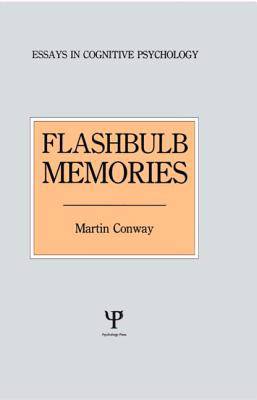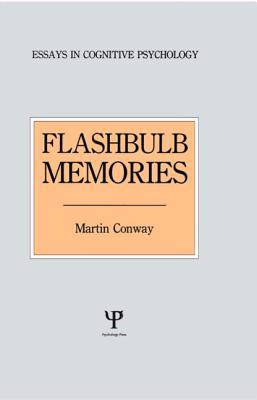
- Afhalen na 1 uur in een winkel met voorraad
- Gratis thuislevering in België vanaf € 30
- Ruim aanbod met 7 miljoen producten
- Afhalen na 1 uur in een winkel met voorraad
- Gratis thuislevering in België vanaf € 30
- Ruim aanbod met 7 miljoen producten
Zoeken
€ 274,95
+ 549 punten
Uitvoering
Omschrijving
This book provides a state-of-the-art review and critical evaluation of research into 'flashbulb' memories. The opening chapters explore the 'encoding' view of flashbulb memory formation and critically appraise a number of lines of research that have opposed this view. It is concluded that this research does not provide convincing evidence for the rejection of the encoding view. Subsequent chapters review and appraise more recent work which has generally found in favour of the flashbulb concept. But this research too, does not provide unequivocal support for the encoding view of flashbulb memory formation. Evidence from clinical studies of flashbulb memories, particularly in post-traumatic stress disorder and related emotional disturbances, is then considered. The clinical studies provide the most striking evidence of flashbulb memories and strongly suggest that these arise in response to intense affective experiences. Neurobiological models of memory formation are briefly reviewed and one view suggesting that there may be multiple routes to memory formation is explored in detail. From this research it seems possible that there could be a specific route for the formation of detailed and durable memories associated with emotional experiences. In the final chapter a cognitive account of flashbulb memories is outlined. This account is centred on recent plan-based theories of emotion and proposes that flashbulb memories arise in responses to disruptions of personal and cultural plans. This chapter also considers the wider functions of flashbulb memories and their potential role in the formation of generational identity.
Specificaties
Betrokkenen
- Auteur(s):
- Uitgeverij:
Inhoud
- Aantal bladzijden:
- 150
- Taal:
- Engels
- Reeks:
Eigenschappen
- Productcode (EAN):
- 9780863773532
- Verschijningsdatum:
- 14/12/1994
- Uitvoering:
- Hardcover
- Formaat:
- Genaaid
- Afmetingen:
- 153 mm x 230 mm
- Gewicht:
- 340 g

Alleen bij Standaard Boekhandel
+ 549 punten op je klantenkaart van Standaard Boekhandel
Beoordelingen
We publiceren alleen reviews die voldoen aan de voorwaarden voor reviews. Bekijk onze voorwaarden voor reviews.











